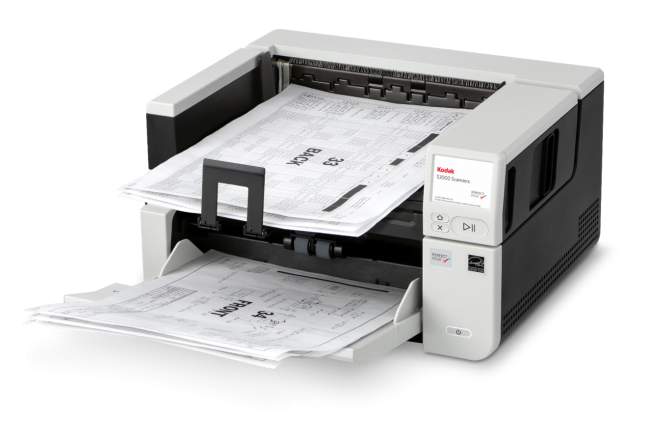
Digitalisation challenges for municipalities and local government
In recent years, countries across Europe have seen a decline in the number of municipalities. In the Netherlands for example, the number of municipalities has decreased by more than a third, from 537 in 2000 to 342 municipalities in 2023. This decline, which has mainly been cost-driven has led to challenges as they need to merge their processes including their mailrooms.
Whilst many sectors are focused on going paperless, municipalities are not only obliged to keep accepting physical mail and forms but also need to conform to strict regulations on response times to all incoming requests whether physical or digital. In addition, several services necessitate accepting paper as well as digital requests, for example for unemployment benefits, building permits, or subsidy requests.
A recent law introduced in the Netherlands, the Open Government Act (WOO), states that the government must respond to requests for information within 4 weeks of receipt with either a link to the requested documents, a request for more time (up to 2 weeks) or with a response explaining why this information cannot be provided. Not doing so can lead to penalties. To meet these legal obligations, municipalities must have an efficient set-up for both digitalising incoming requests and documentation and for retrieving documentation on time.
The municipality mailroom is responsible for scanning all incoming mail including the mailing envelopes which will include the postage date. Since the introduction of the WOO, it has become especially important to track the actual postdate since this may differ from the date given in the request, and the council has 4-weeks from the post date to respond. Envelopes can be difficult to scan, so it is necessary to have a scanner which recognises that it is a double-page and will pause the process so that the operator can select how to proceed from a touch screen.
To handle this process, a typical mail room might include three scanners and document automation software such as the solutions provided by Kofax which help to transform and categorise data for the next step. Once digitalised, the data from the document and envelope is imported into a document or case management system such as Join, Djuma or Corsa, from where it can be accessed by the responsible person or department.

Production scanners such as the Kodak S3000 or Kodak i4000 series and Canon DR-G2 series (e.g. Canon DR-G2110) are especially suited to the processes handled by municipalities as they can process large quantities of mixed batches e.g. both documents and envelopes and even photos which are submitted to support construction planning applications.
Most municipalities opt for a full-service contract which includes priority on-site support, preventative maintenance and consumable replacements. There are many benefits to this including predictable costs for maintenance and repair and minimising service disruption.
Does your municipality need help to address digitalisation challenges? Contact Dyanix today to explore the right solution and services for you.
Contact us today!